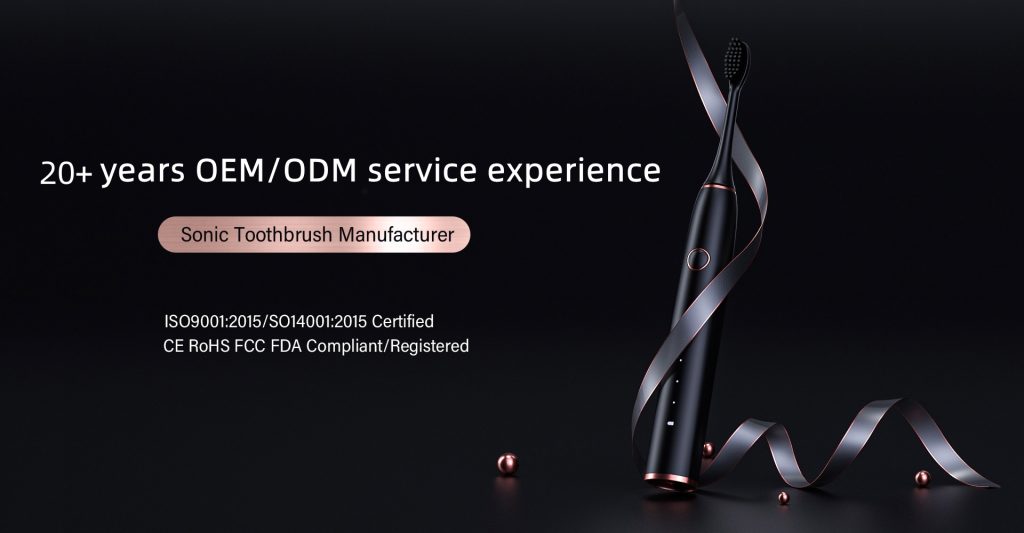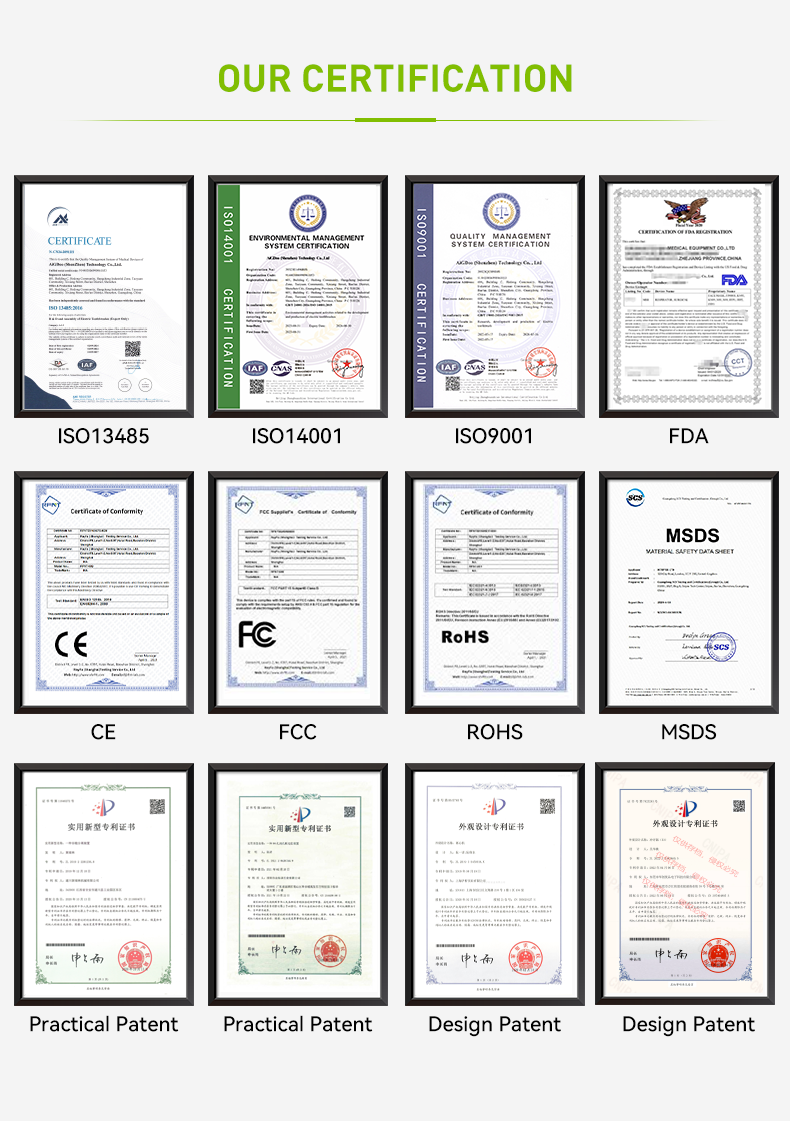When customers report persistent charge failure along with puzzling display glitches, manufacturers often dismiss these as isolated incidents. However, evidence shows these two issues are frequently interconnected symptoms of deeper product vulnerabilities. If left unaddressed, they can lead to premature failure, safety hazards, and costly warranty claims.
In this article, we’ll examine why charge failure and display glitches oft
Charge failure refers to a device’s inability to replenish its battery properly. Typical signs include:
While end users often suspect a defective cable or adapter, the underlying causes are usually deeper.
Display glitches can take several frms, such as:
Even if the device still performs its core functions, these errors reduce usability and erode customer confidence. Company web: https://www.powsmart.com/product/electric-toothbrush/

Although these problems seem unrelated—power delivery versus user interface—they are frequently connected due to shared circuitry. Specifically:
Over time, what starts as minor charge inconsistencies can cascade into severe display malfunctions.
When both issues appear, customers experience:
For B2B buyers and distributors, these complaints can translate into elevated support costs and reduced brand reputation.
Leading OEMs and ODMs address charge failure and display glitches proactively through:
This approach reduces warranty claims and extends product life cycles.
If you see charge failure and display glitches in the field, treat them as a single, systemic problem rather than two isolated complaints. Recommended steps include:
Transparent communication with distributors and customers helps preserve trust and ensures timely remediation.
Charge failure triggering display glitches isn’t just a coincidence—it’s often an early warning of deeper electrical vulnerabilities. By integrating better power management, robust circuit design, and stringent testing, manufacturers can deliver dependable devices that inspire customer confidence.
Ready to learn how our engineering teams can help you address these challenges? Contact us today to explore custom solutions built for long-term reliability. Contact us
.jpg)
Sensitive Gum Care Electric Toothbrush Supplier
.jpg)
Does Teeth Sensitivity Worsen Tetracycline Stains? New Whitening Side Effects!
.jpg)
Enamel Transparency Plus Taste Loss – Permanent Damage?
.jpg)
Choosing a Reliable Water Flosser Nozzle Manufacturer for Your Brand

Does Gum Health Sonic Toothbrush Worsen Jaw Discomfort?

How to Select the Right Tip for a Water Flossing Device?

Can I Use an Electric Toothbrush in the Shower?

How to Balance a High Plaque Removal Rate with Effective Gum Sensitivity Care?

Seeking a Texas themed gift that embodies true southern hospitality brush warmth?

Does Texas Tax-Free Weekend Benefit Electric Toothbrush Buyers?
.jpg)
Premium Electric Toothbrush OEM Service for High-End Oral Care Brands
.jpg)
Why Home Treatments Risk Stain Residuals?

Why Is an IPX8 Waterproof Solution Critical for a Reliable Charging Dock OEM Product?
.jpg)
Hospital Grade Electric Toothbrush Supplier

Factory Direct Pricing Texas-Sized Electric Toothbrush Bulk Deals
.jpg)
Why Should Restricted Users Avoid Stain Residuals?